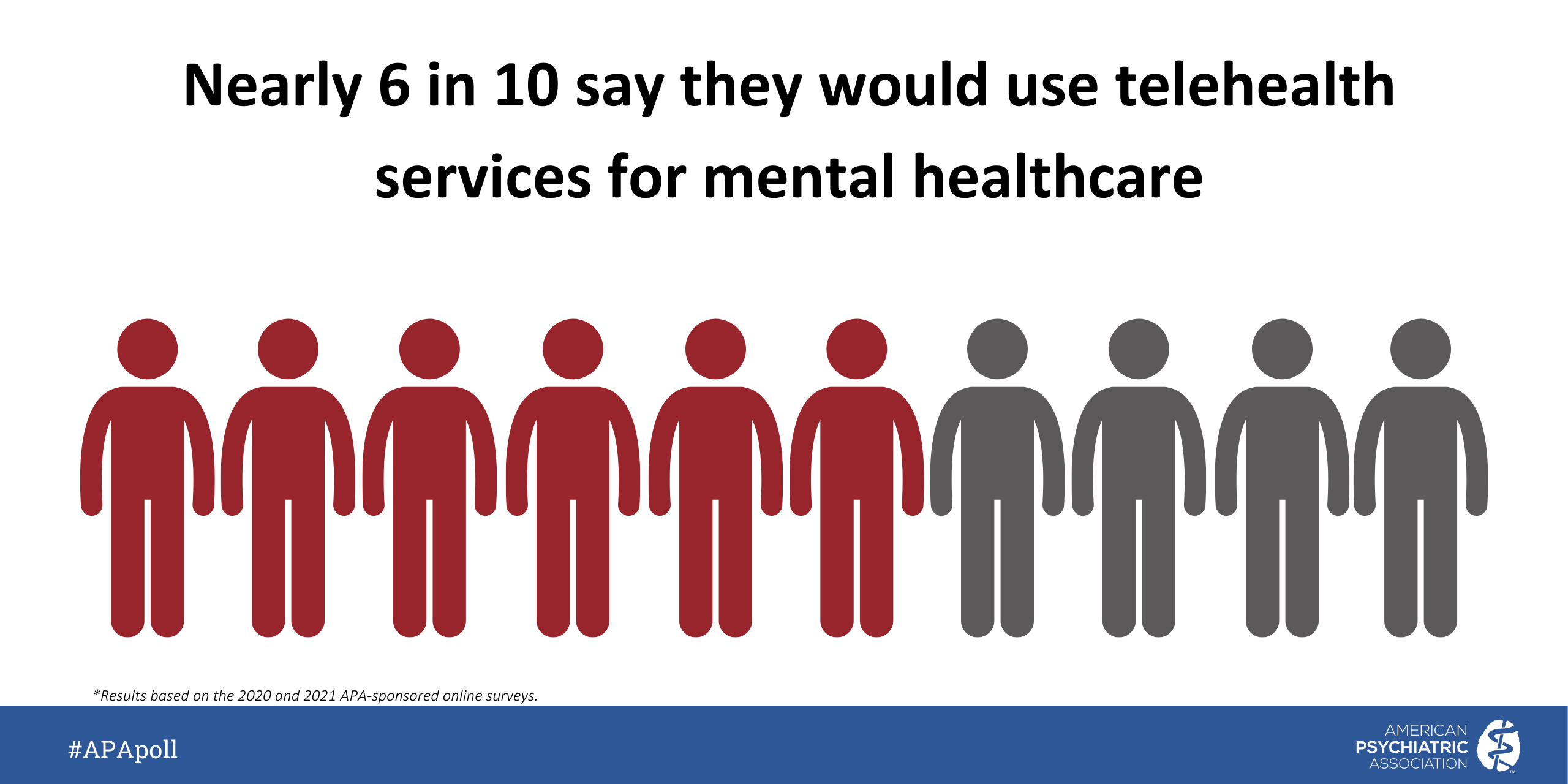

Transforming Mental Health Support through Telehealth
Telehealth has emerged as a transformative force in healthcare, particularly in the realm of mental health. This article delves into the profound impact of telehealth on mental health support, exploring how virtual platforms are breaking down barriers and providing accessible, effective, and personalized mental health care.
Enhanced Accessibility and Convenience
One of the primary benefits of telehealth for mental health is the enhanced accessibility and convenience it offers. Individuals can now access mental health support from the comfort of their homes, eliminating geographical barriers and reducing the need for physical travel. This level of accessibility is especially crucial for those in remote areas or individuals facing mobility challenges, ensuring that mental health services are within reach for a broader population.
Overcoming Stigma and Increasing Accessibility
Telehealth plays a pivotal role in overcoming the stigma often associated with seeking mental health support. The virtual nature of telehealth appointments provides individuals with a level of privacy and anonymity, encouraging more people to seek help. This increased accessibility fosters a culture where mental health is prioritized, breaking down barriers to seeking assistance and promoting overall well-being.
Tailored and Personalized Care
Telehealth allows for tailored and personalized mental health care that suits the individual needs of each patient. Through virtual sessions, mental health professionals can conduct assessments, develop personalized treatment plans, and provide ongoing support. This personalized approach contributes to more effective outcomes, as interventions are crafted to address the specific challenges and goals of each individual.
Efficient Monitoring and Follow-Up
The use of telehealth enables efficient monitoring and follow-up care for individuals receiving mental health support. Through virtual check-ins and follow-up appointments, healthcare providers can assess progress, make adjustments to treatment plans, and provide ongoing support. This real-time monitoring enhances the continuity of care, ensuring that individuals receive the support they need throughout their mental health journey.
Supporting Remote Therapy and Counseling
Telehealth platforms facilitate remote therapy and counseling sessions, allowing individuals to connect with mental health professionals virtually. Video conferencing tools enable face-to-face interactions, creating a sense of connection and rapport between the patient and the therapist. Remote therapy sessions provide a flexible and convenient option for individuals with busy schedules or those who may face barriers to in-person appointments.
Technology-Enabled Mental Health Interventions
Telehealth for mental health goes beyond traditional therapy sessions. Technology-enabled interventions, such as mobile apps and virtual programs, offer additional tools for mental health support. These interventions may include mood tracking, guided meditation, and interactive exercises that individuals can access between scheduled appointments. Integrating technology enhances the overall mental health toolkit available to patients.
Crisis Intervention and Remote Support
Telehealth is a valuable tool for crisis intervention and remote support in mental health emergencies. Individuals in crisis can connect with mental health professionals promptly through virtual platforms, providing immediate assistance and guidance. This rapid response capability can be crucial in preventing crises from escalating and ensuring timely support for those in need.
Challenges and Considerations in Telehealth for Mental Health
While telehealth offers numerous advantages for mental health support, it also comes with challenges and considerations. Issues such as digital disparities, privacy concerns, and the need for secure platforms must be addressed to ensure equitable access and protect patient confidentiality. Navigating these challenges is essential for the continued success and expansion of telehealth in mental health care.
Future Trends: Integration with AI and Remote Monitoring
Looking ahead, the future of telehealth for mental health involves integration with advanced technologies. Artificial intelligence (AI) may play a role in enhancing virtual mental health interventions, providing more personalized insights and support. Additionally, remote monitoring tools could become more sophisticated, allowing mental health professionals to gather comprehensive data for better-informed decision-making and intervention strategies.
Exploring Telehealth for Mental Health
To explore the evolving landscape of telehealth for mental health and its impact on accessible and personalized care, visit Telehealth for Mental Health. This link connects you to a hub of information, offering insights into the latest developments in telehealth and mental health support, shaping the future of mental healthcare delivery.
Conclusion: Shaping the Future of Mental Healthcare
In conclusion, telehealth is shaping the future of mental healthcare by providing accessible, personalized, and convenient support. The virtual nature of telehealth transcends traditional barriers, making mental health services more available to diverse populations. As technology continues to advance and the mental health landscape evolves, telehealth stands as a powerful tool in fostering a culture of proactive mental health care and support.








